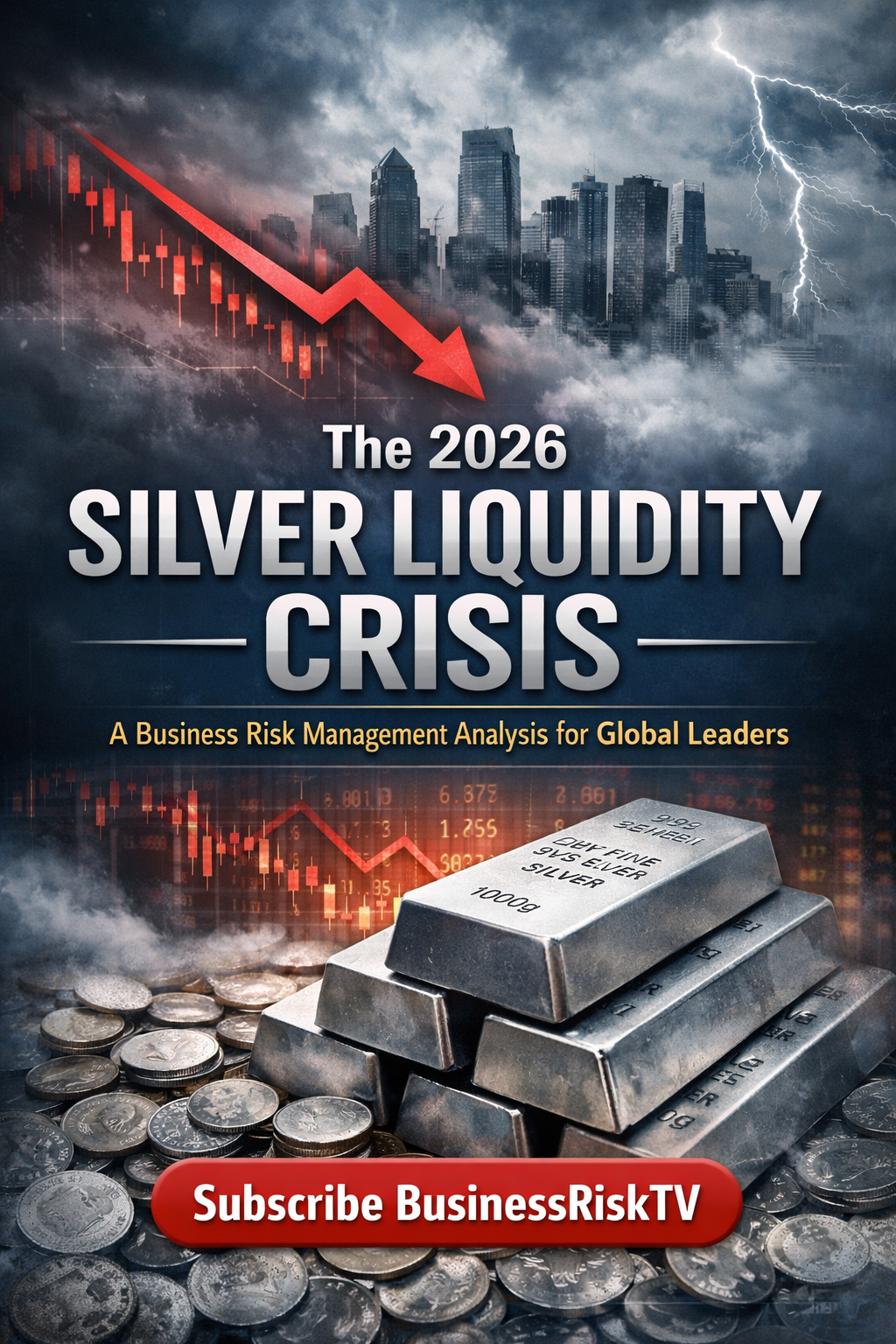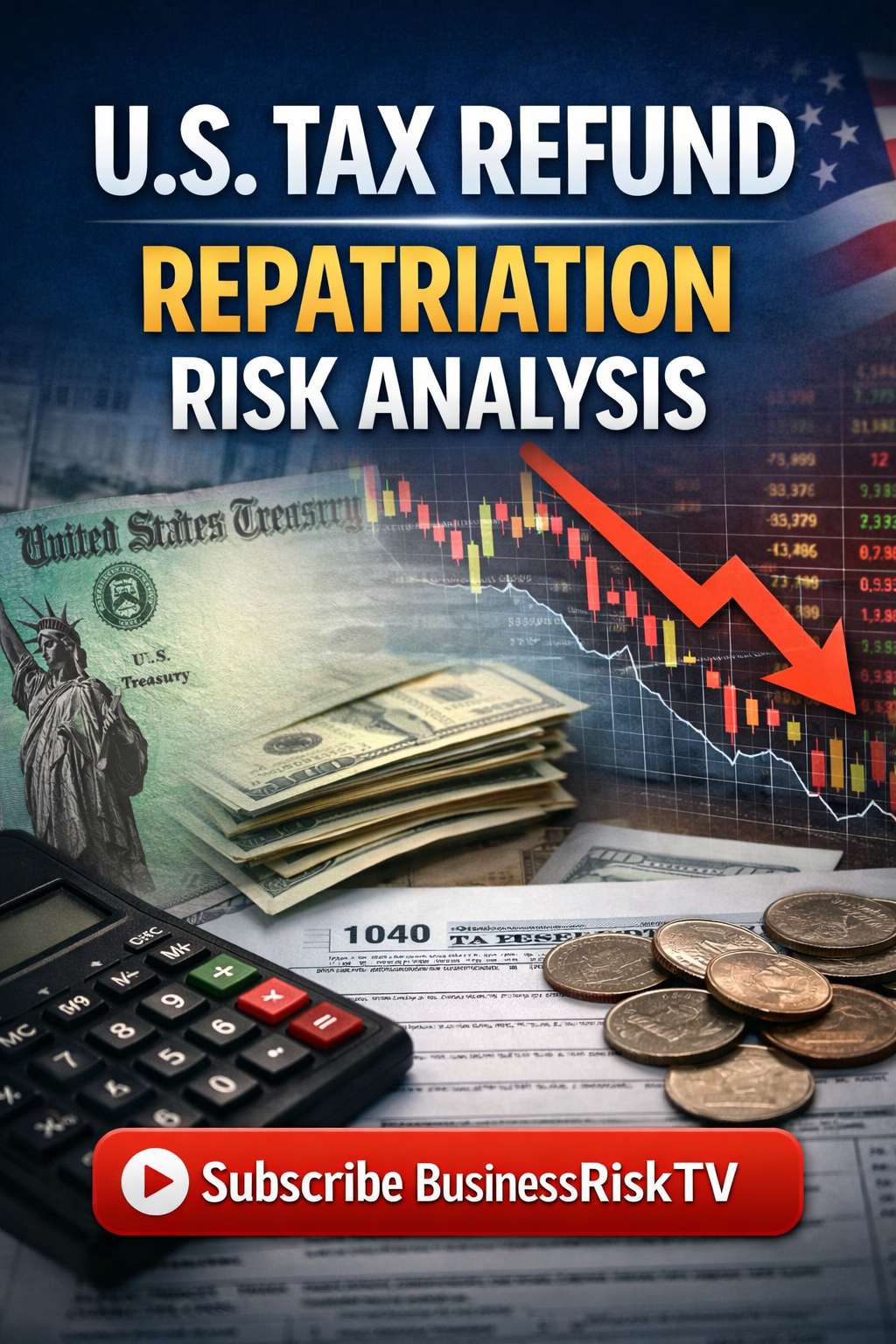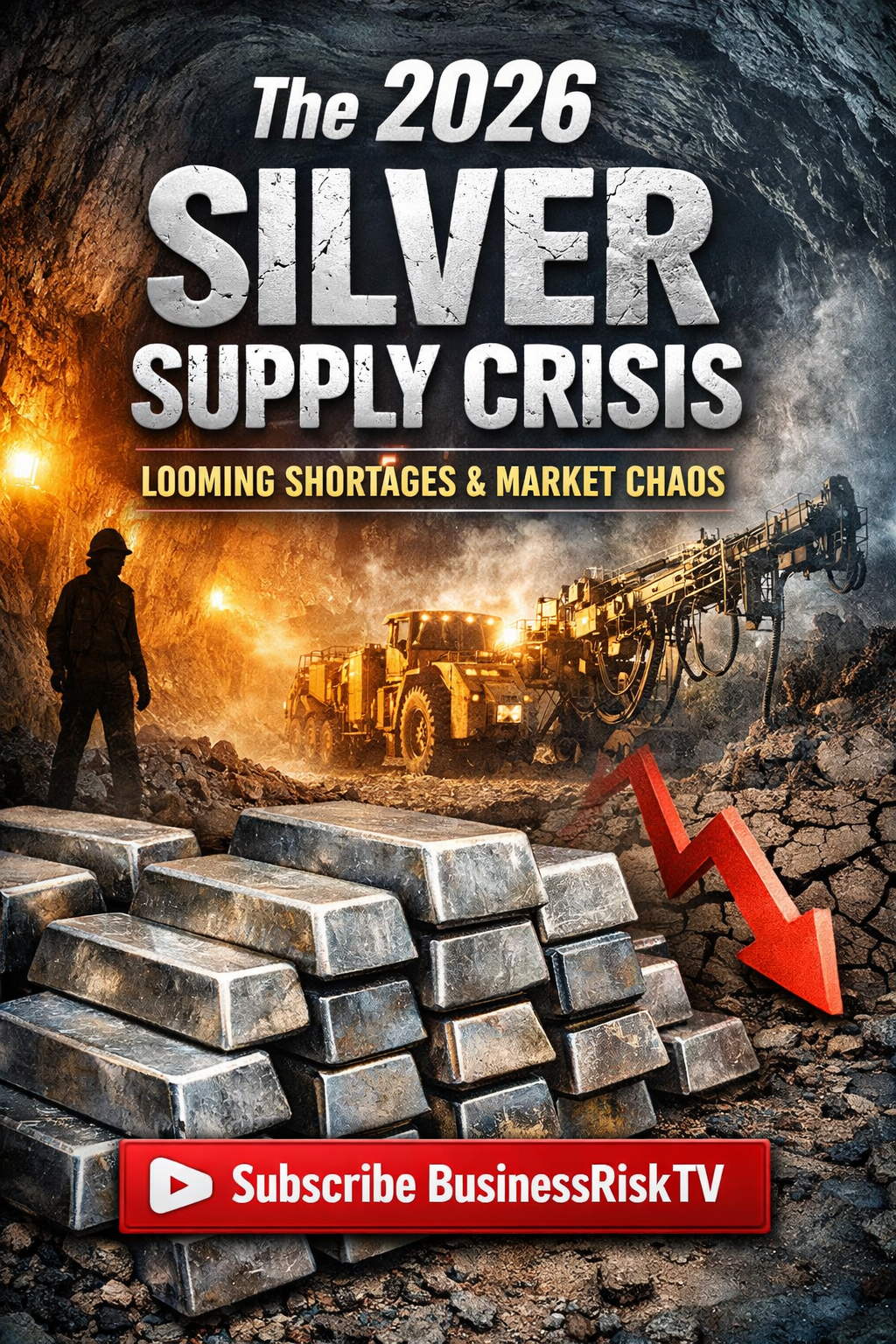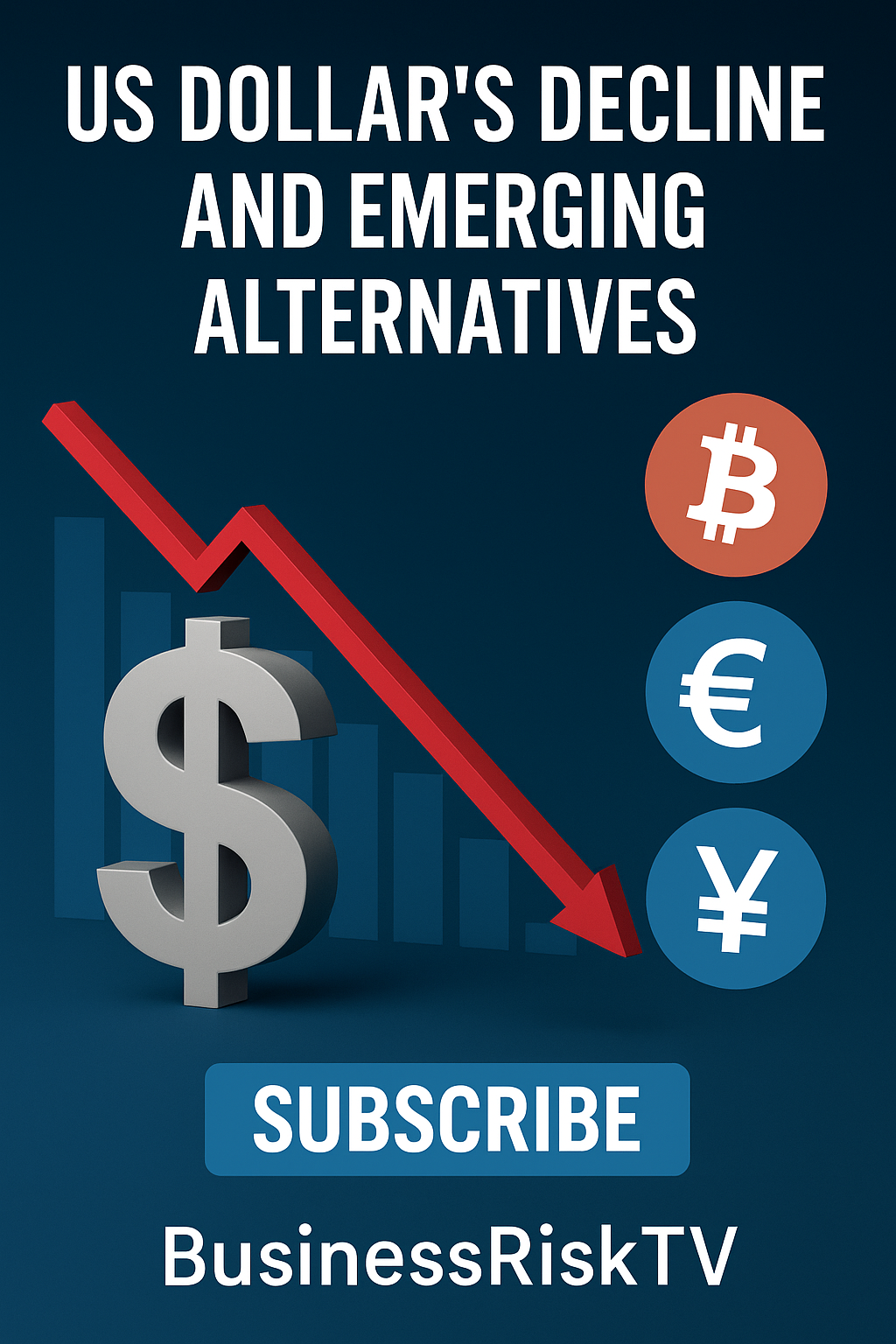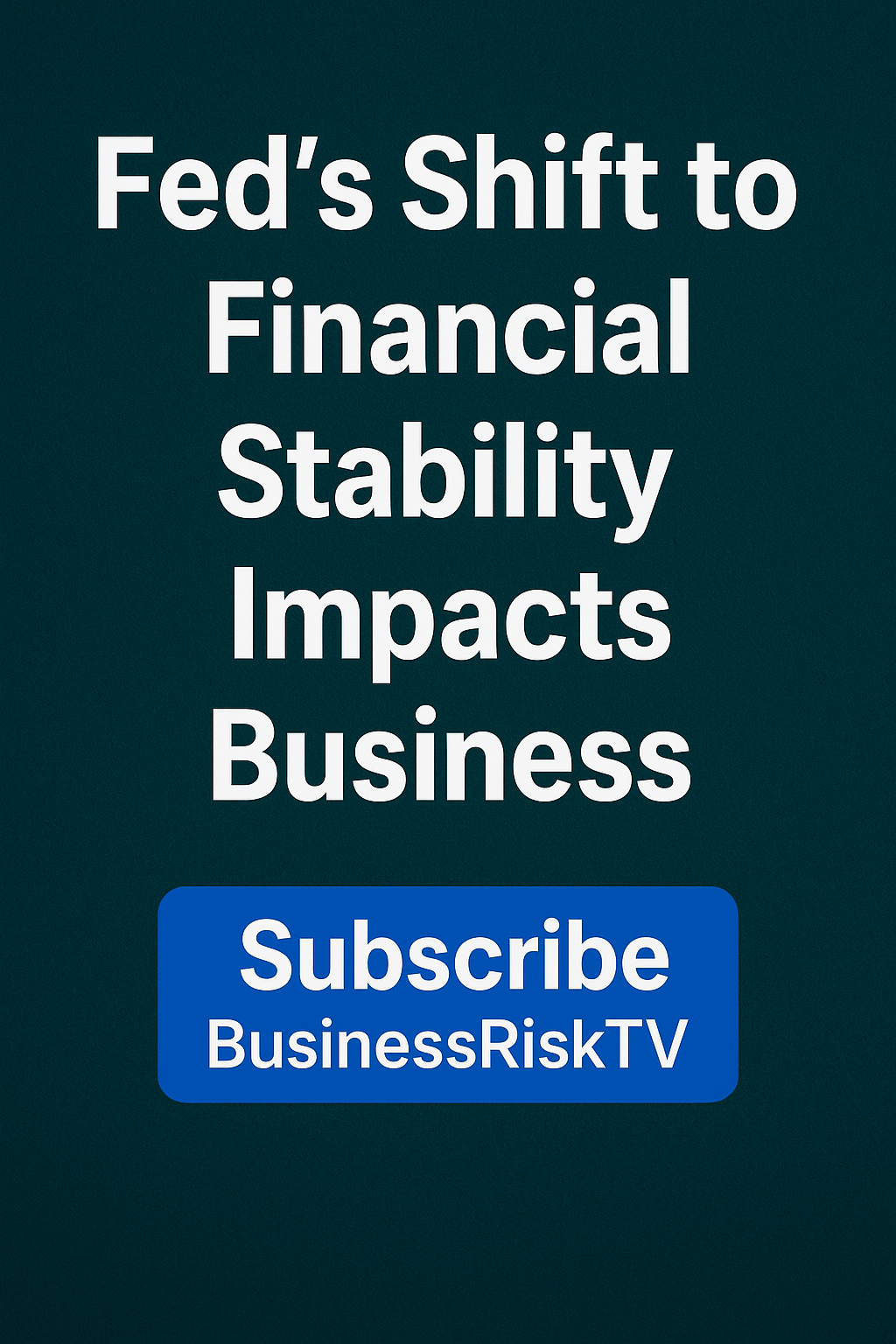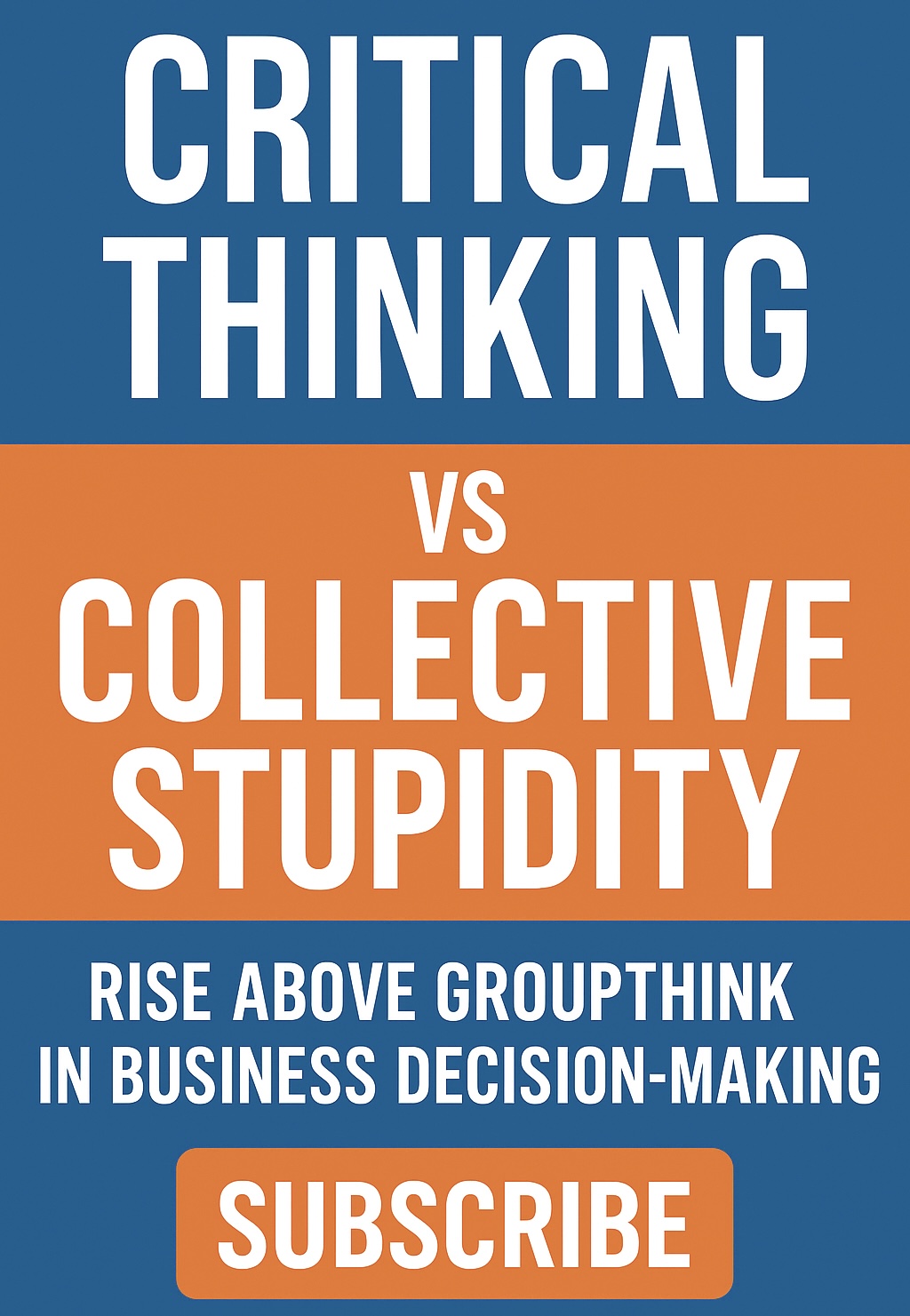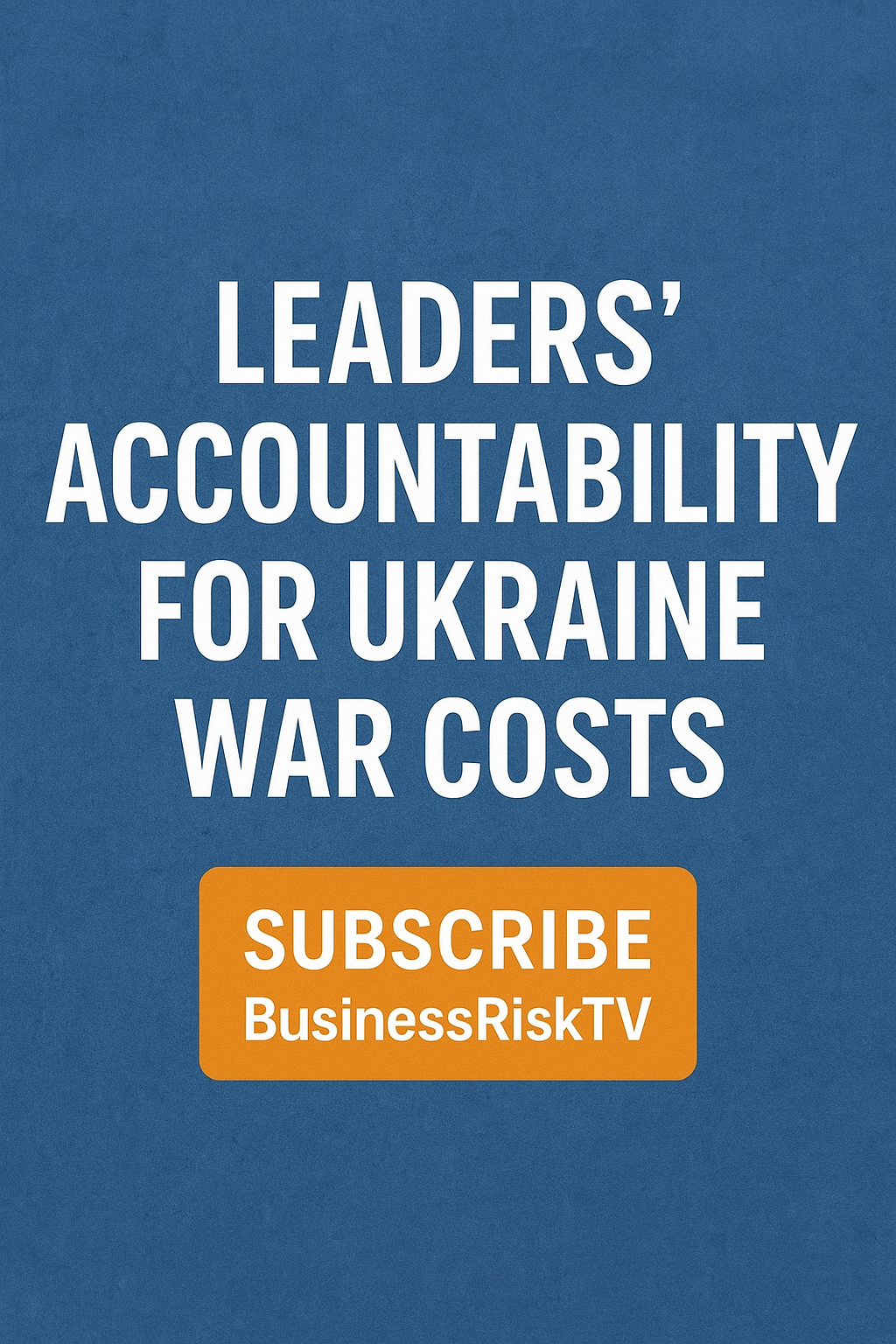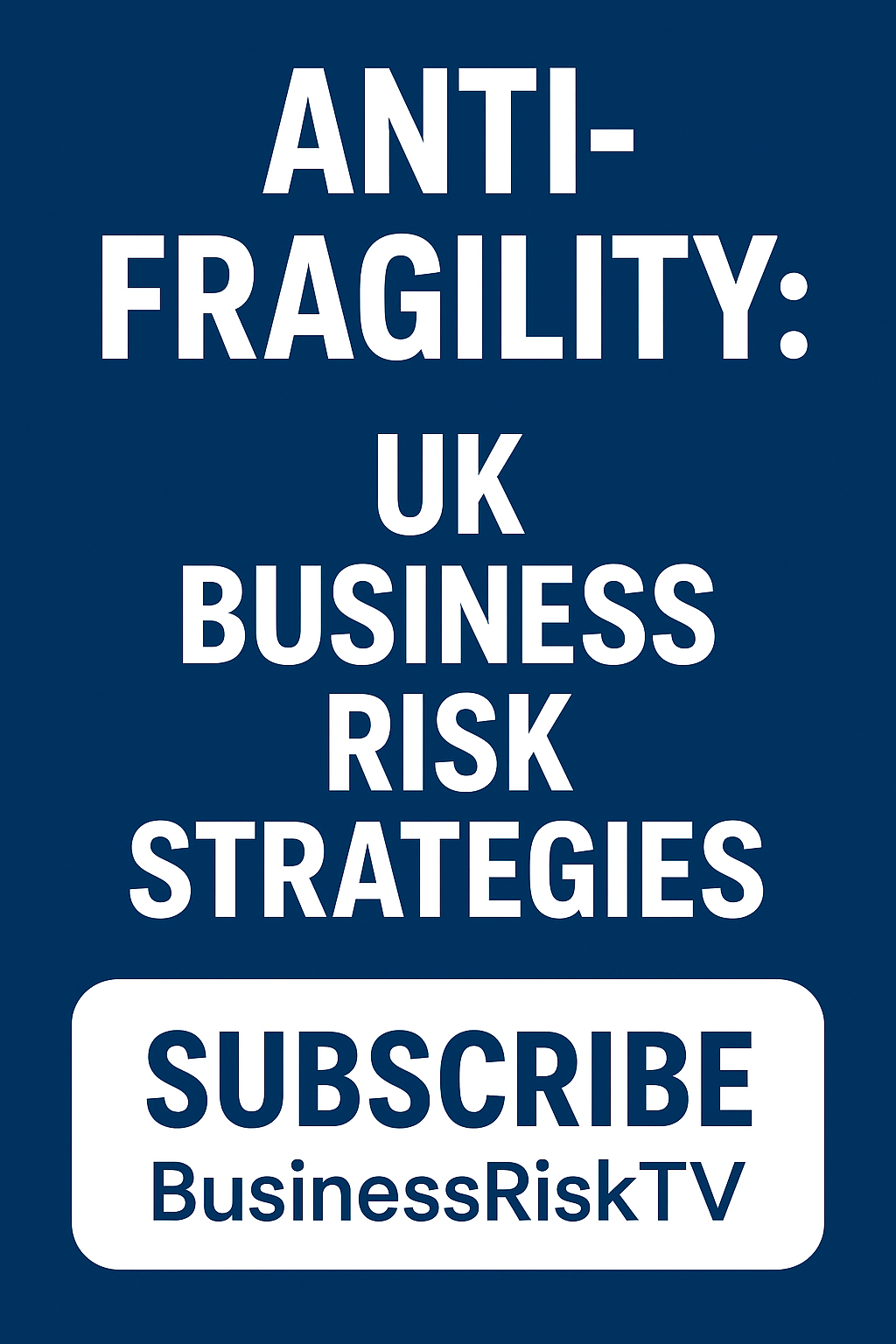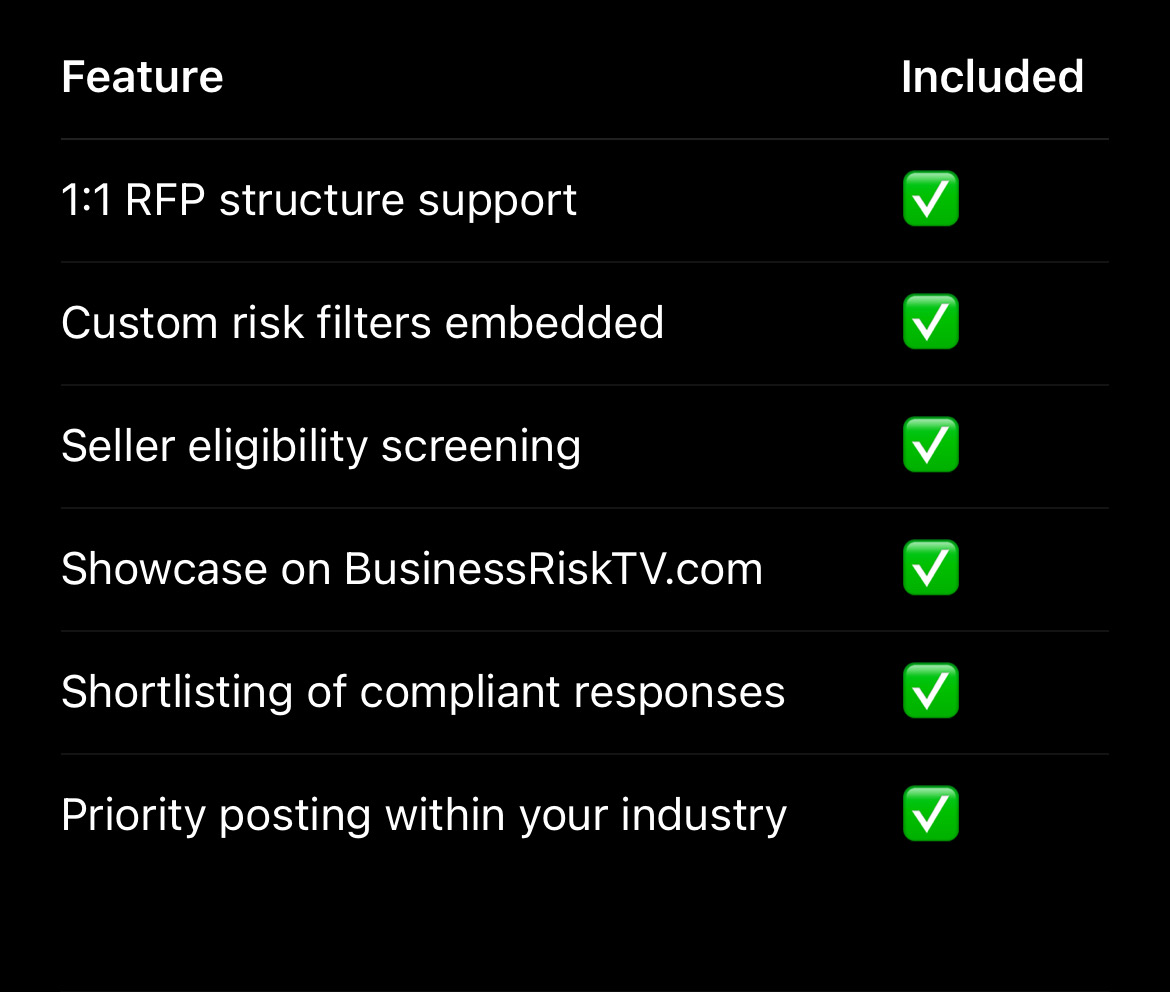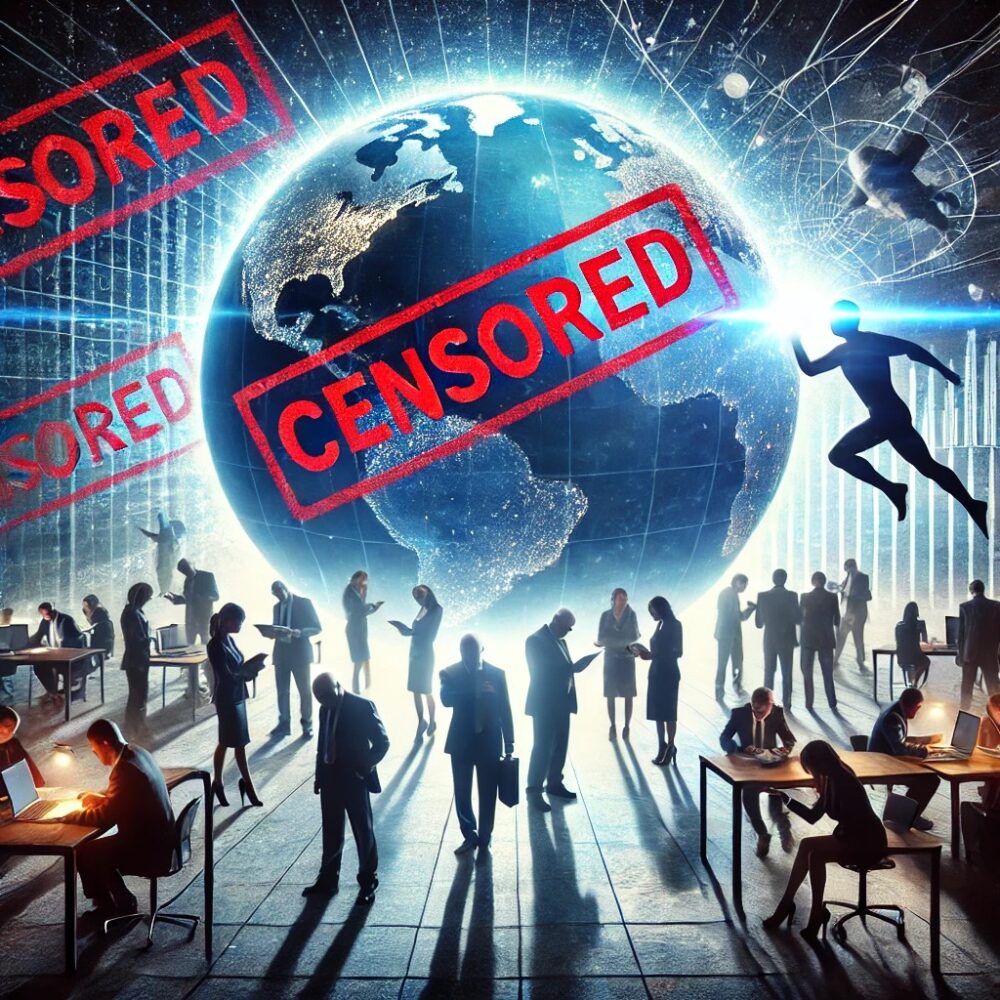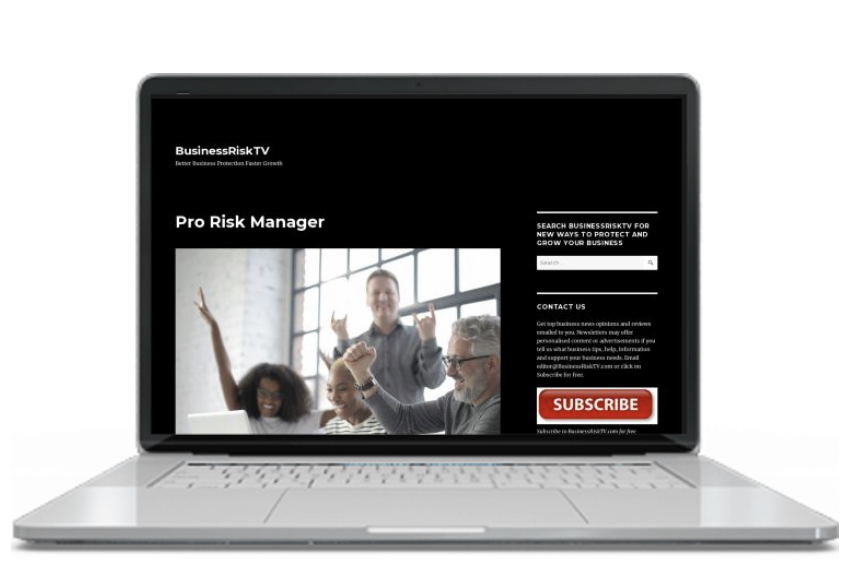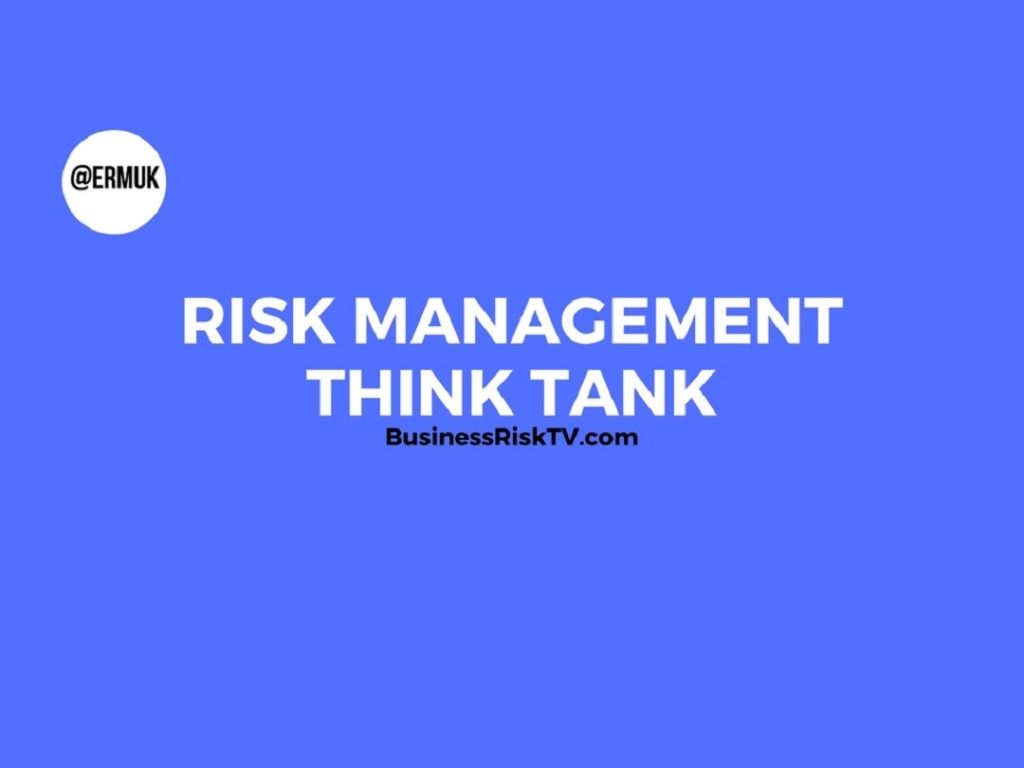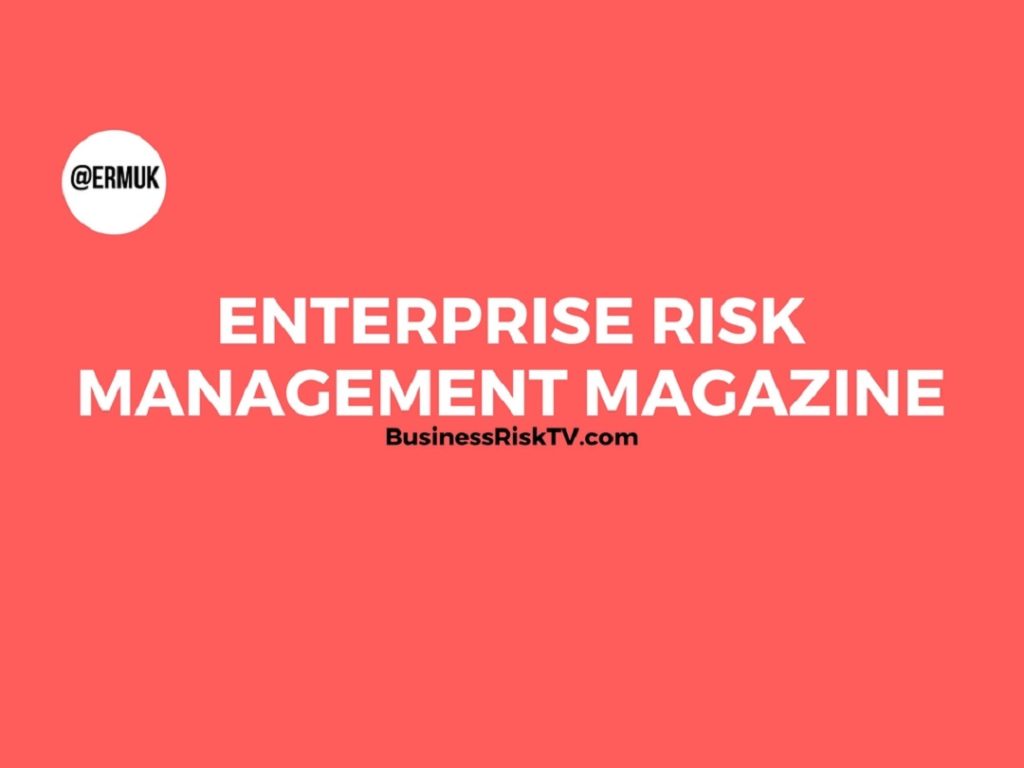Undertaking a Business Risk Analysis of the COMEX Silver Supply Crisis of March 2026
For business leaders around the world, the convergence of three distinct market forces has created a “perfect storm” in the silver market. Unlike previous commodity cycles driven by speculation, the current crisis is structural. It is defined by the shutdown of accessible physical silver from traditional channels, a strategic shift in Chinese trade policy, and an insatiable, non-negotiable industrial demand.
This analysis serves as a business risk management framework to understand the threat, timeline, and strategic responses required to navigate the potential financial contagion stemming from the COMEX market in March 2026.
The Core Problem: The Triad of Risk in 2026
To understand why this is not a typical price fluctuation, business leaders must dissect the three pillars of the current crisis.
1. The COMEX Delivery Crisis and March 2026 Risk Event
The most immediate and systemic threat lies within the New York Commodities Exchange (COMEX). Historically, the COMEX is a “paper” market, where futures contracts are settled financially far more often than with physical metal. However, data from January 2026 reveals a seismic shift. In a traditionally quiet month, over 40 million ounces of silver were requested for delivery, compared to the usual 1-2 million ounces .
Analysts warn that as the critical March delivery month approaches, total delivery requests could reach 70 to 80 million ounces. This would nearly deplete the COMEX registered inventory of just 110 to 120 million ounces . The major risk event is a default by the COMEX on physical delivery. This would shatter the credibility of the paper pricing mechanism, leading to a violent repricing of silver and a flight to quality that could freeze credit markets .
2. China’s Strategic Embargo on Silver Exports
Effective January 1, 2026, China implemented stringent export controls on silver, licensing only 44 companies to export and effectively treating the metal with the same strategic importance as rare earths . China is not just a major producer; it accounts for roughly 70% of the globally traded refined silver market .
This “ban” creates a supply vacuum. While the West views silver as a commodity, China views it as a strategic resource critical for its dominance in solar panels, EVs, and AI infrastructure . This action effectively diverts physical supply away from Western markets and locks it into Chinese industrial expansion. Elon Musk’s public response—”This is not good”—underscores the critical nature of this disruption for US and European supply chains .
3. The Industrial Demand “Trap”
Silver is no longer just a precious metal; it is the “industrial vitamin.” It is indispensable for solar panels, electric vehicles, AI data centres, and 5G infrastructure . The market is heading for its sixth consecutive year of structural deficit .
Unlike investors who can leave the market, industrial consumers cannot stop buying. They must have physical silver to keep production lines running. This creates a demand inelasticity that fuels a scramble for physical metal. Even if high prices eventually cause some “thrifting” (using less silver) in sectors like solar, the immediate demand pipeline is rigid .
The Risk: Shutdown of Access to Physical Silver
The shutdown of access is happening on two fronts simultaneously.
- Price Discovery Failure: If COMEX defaults in March, the “paper” price (used by banks and funds for valuation) will become detached from the physical price (what manufacturers actually pay). We are already seeing this bifurcation, with physical coins trading at 50-80% premiums in some markets.
- Liquidity Freeze: Banks and financial institutions that lend against silver or use it as collateral will face a crisis of valuation. If they cannot reliably price or obtain physical metal to cover positions, they will pull credit lines from the very industries that need it most .
Why This is Critical to Business Leaders and Financial Markets
The contagion from a silver default will not stay contained within the commodities desk. It will spread to the wider financial markets. A default at COMEX would trigger margin calls across the complex, forcing liquidations of other assets to raise cash. It would undermine confidence in all paper commodity markets, potentially leading to a credit crunch .
For business leaders, this translates to:
- Input Cost Volatility: Unpredictable and rising costs for any product using electronics, batteries, or solder.
- Supply Chain Unreliability: Suppliers may simply stop quoting prices or fail to deliver on contracts due to an inability to source metal.
- Working Capital Strain: As seen in India’s “Silver City” of Khamgaon, manufacturers face acute shortages, forcing them to lock up disproportionate working capital in buffer inventories or face shutdowns .
When Will the Major Risk Event Happen?
The primary date for concern is March 2026. The COMEX March contract is a major delivery month. As the delivery date approaches in late February and early March, the pressure on holders of short positions (those who sold silver they don’t physically have) will become intense. If they cannot source the metal, the exchange faces a default scenario . Business leaders should be prepared for extreme volatility beginning in the last week of February and peaking in mid-March.
Who is Most Likely to Be Affected by Risk Events?
While the impact is broad, certain sectors are on the front line:
- Electronics & Semiconductor Manufacturers: Silver is used in circuit boards, switches, and contacts.
- Automotive Industry: EV batteries, onboard electronics, and charging infrastructure are silver-intensive.
- Renewable Energy Companies: Solar panel producers are the largest industrial consumers of silver.
- Defence Contractors: As a strategic mineral, any supply disruption impacts national security-related production.
- Small and Medium-Sized Enterprises (SMEs): Tier-2 and Tier-3 suppliers with limited financial headroom are most vulnerable to liquidity stress .
Where in the World Will Have the Biggest Business Risk Impacts?
- North America and Europe: These economies are heavily dependent on imports of refined silver and are most exposed to the COMEX default risk and the cutoff of Chinese supply.
- India: As a major importer of silver for both jewellery and industry, India is experiencing severe price sensitivity and liquidity stress in its processing hubs.
- Asia (ex-China): Economies reliant on Chinese refined silver will face logistical delays and higher costs as they scramble to diversify suppliers .
9 Business Risk Management Measures to Take Today
To protect and grow your business through the coming volatility, leaders must move from passive observation to active defense.
Measure 1: Audit Your Silver Supply Chain Deeply
Map your supply chain beyond Tier 1.
Identify where silver is embedded in components and which of your suppliers are exposed to spot markets. You need to know if your key supplier is one of the 44 licensed Chinese exporters or if they rely on COMEX paper.
Measure 2: Secure Supply-Linked Financing
Move away from spot purchases. Secure long-term supply arrangements directly with producers or through offtake agreements. As seen with Samsung and Silver Storm Mining, tying working capital to contracted silver flows provides price and supply visibility .
Measure 3: Build Strategic Buffer Inventories
In a deficit market, just-in-time inventory is a high-risk strategy. Increase your buffer stocks of silver-intensive components now, even if it strains working capital. The cost of holding inventory is lower than the cost of a production shutdown.
Measure 4: Hedge Physically, Not Just Financially
Traditional paper hedging may fail if the paper price decouples from physical reality. Explore options that give you a claim on physical metal or consider purchasing allocated physical silver to secure future needs.
Measure 5: Diversify Your Supplier Base
With China restricting exports, immediately qualify suppliers in Mexico, Peru, and Australia. Redundancy in your supply chain is now a survival trait, not a cost center .
Measure 6: Implement Price Escalation Clauses
Review all fixed-price contracts for silver-intensive goods. Insert price escalation clauses that allow you to pass through raw material cost increases, protecting your margins from volatility.
Measure 7: Stress-Test Working Capital
Model a scenario where silver prices spike another 30-50% and payment terms from suppliers shorten to cash-on-delivery. Identify where liquidity stress would appear in your business and secure backup credit lines now .
Measure 8: Explore Substitution and “Thrifting”
Work with your R&D and engineering teams to accelerate plans for silver reduction. While substitution (like copper for silver) takes time, even marginal reductions in usage per unit can significantly lower risk exposure .
Measure 9: Monitor Lease Rates and Premia
Ignore the spot price for a moment. Track the LBMA silver lease rates and physical premiums in key markets like Dubai or Shanghai. These are the real indicators of physical tightness. A spike in lease rates, as seen recently, signals that the physical market is screaming for metal .
How Do Business Leaders Continue to Grow Faster Regardless of Such Risk Events?
Volatility creates opportunity. Leaders who navigate this crisis effectively can gain market share against competitors who freeze or fail.
- Capitalise on Competitor Weakness: While rivals struggle with supply chain disruptions, your secured supply chain (via Measure 1 & 2) allows you to win contracts and capture market share.
- Innovate Through Constraint: Use the high price environment to justify investment in R&D for more efficient silver usage. The companies that solve the “thrifting” equation first will have a long-term cost advantage.
- Leverage Financial Innovation: Utilise supply chain finance platforms and offtake agreements to turn a liability (high silver cost) into a competitive advantage (guaranteed supply). By treating finance as part of the supply chain, you build resilience that debt-heavy competitors lack .
Conclusion
The March 2026 COMEX delivery is not just a trader’s problem; it is a critical business risk event. The combination of a potential default, Chinese export controls, and a multi-year structural deficit means the rules have changed. Business leaders must act today—not to speculate, but to insulate. By securing physical supply, strengthening working capital, and diversifying sources, you can protect your enterprise from the coming storm and emerge stronger on the other side.
#SilverCrisis #COMEXDefault #BusinessRiskManagement #BusinessRiskTV #RiskManagement
Get help to protect and grow your business through any business risk events with support from BusinessRiskTV
Find out more about managing business risks with BusinessRiskTV help
Subscribe to BusinessRiskTV for free business risk management ideas risk reviews and cost reduction tips
Connect with us for free business risk management tips
Read more business risk management articles and view videos for free
Connect with us for free alerts to new business risk management articles and videos
The 2026 Silver Crisis: COMEX Default Risk, China Export Ban & 9 Strategies for Business Leaders
